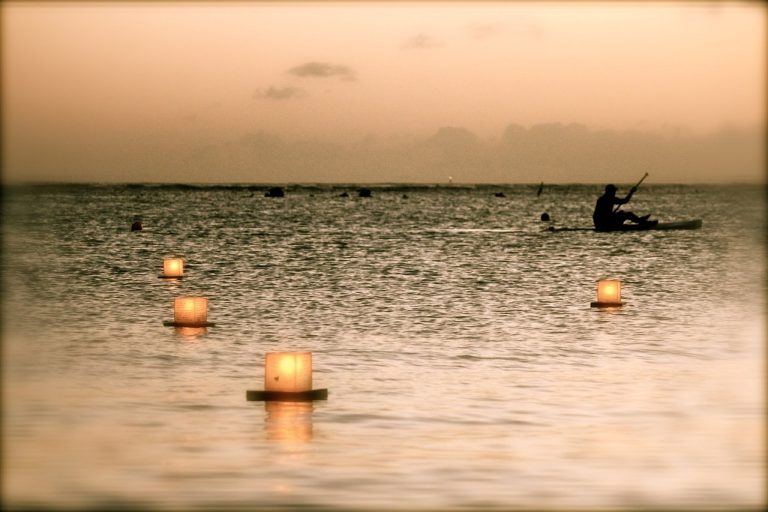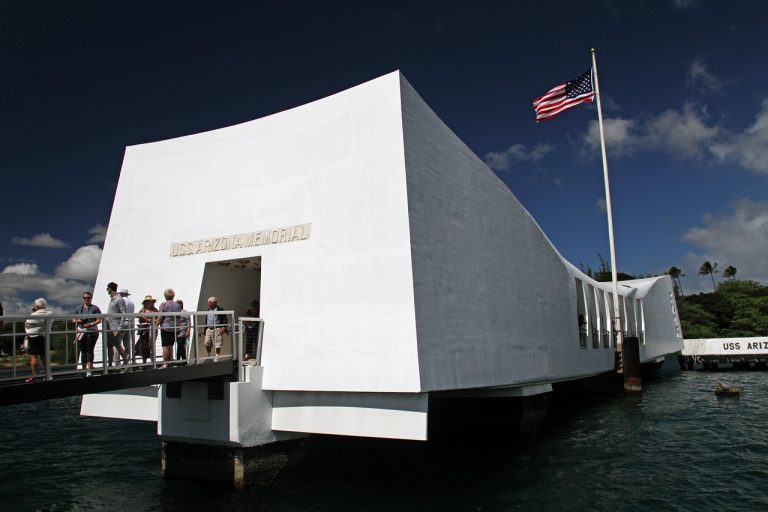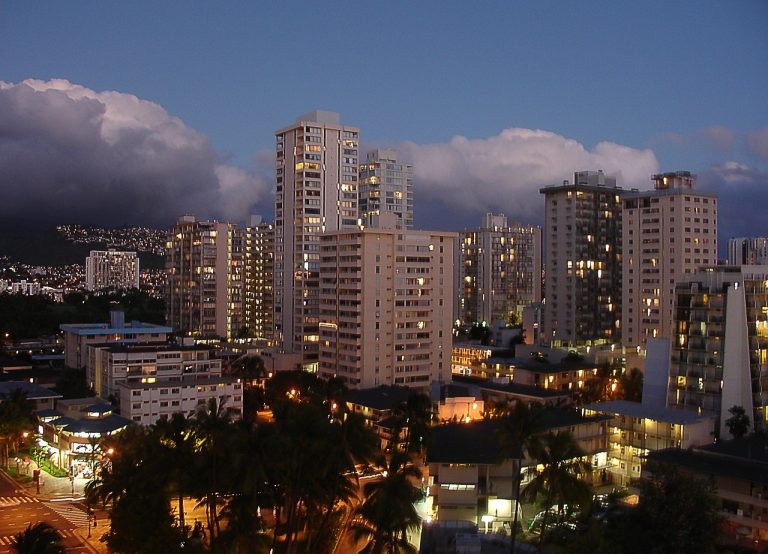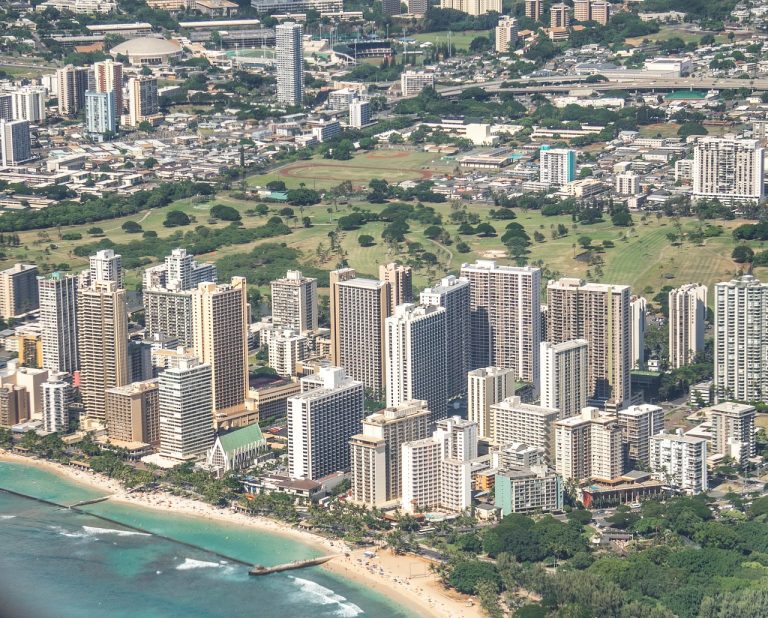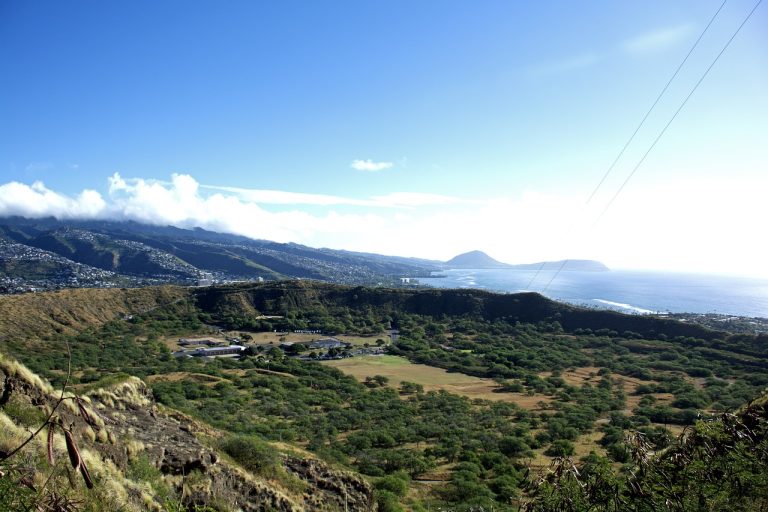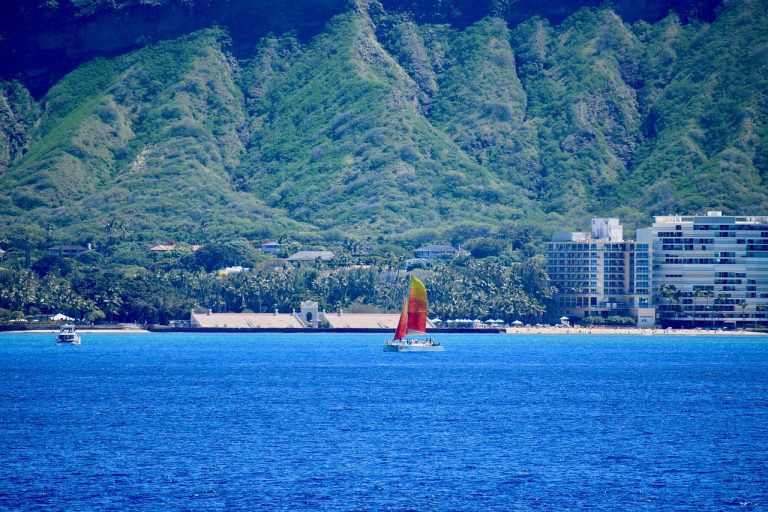Honolulu Hawaii Video
The Cultural Evolution of Honolulu Hawaii
Honolulu, the capital city of Hawaii, is a vibrant and diverse cultural hub. Over the years, it has undergone significant cultural evolution, shaped by its unique history, indigenous influences, and waves of immigration. From its ancient Polynesian roots to its current cosmopolitan atmosphere, Honolulu’s cultural tapestry is rich and captivating. This article explores the different aspects of Honolulu’s cultural evolution and highlights key landmarks and institutions that have contributed to its cultural identity.
Indigenous Hawaiian Culture
- Hula: Hula is a traditional Hawaiian dance form that embodies the stories, legends, and customs of the indigenous people. It is characterized by graceful movements, rhythmic chants, and the accompaniment of traditional musical instruments like the ukulele and ipu.
- Traditional Hawaiian Cuisine: The native Hawaiian cuisine is deeply rooted in the land and sea, featuring staple ingredients like taro, sweet potato, coconut, and fish. Popular dishes include poi, kalua pig, lomi lomi salmon, and haupia.
- Hawaiian Language: The Hawaiian language, known as ʻŌlelo Hawaiʻi, is an integral part of the indigenous culture. Efforts are underway to revitalize and preserve the language, with Hawaiian language immersion schools and cultural programs.
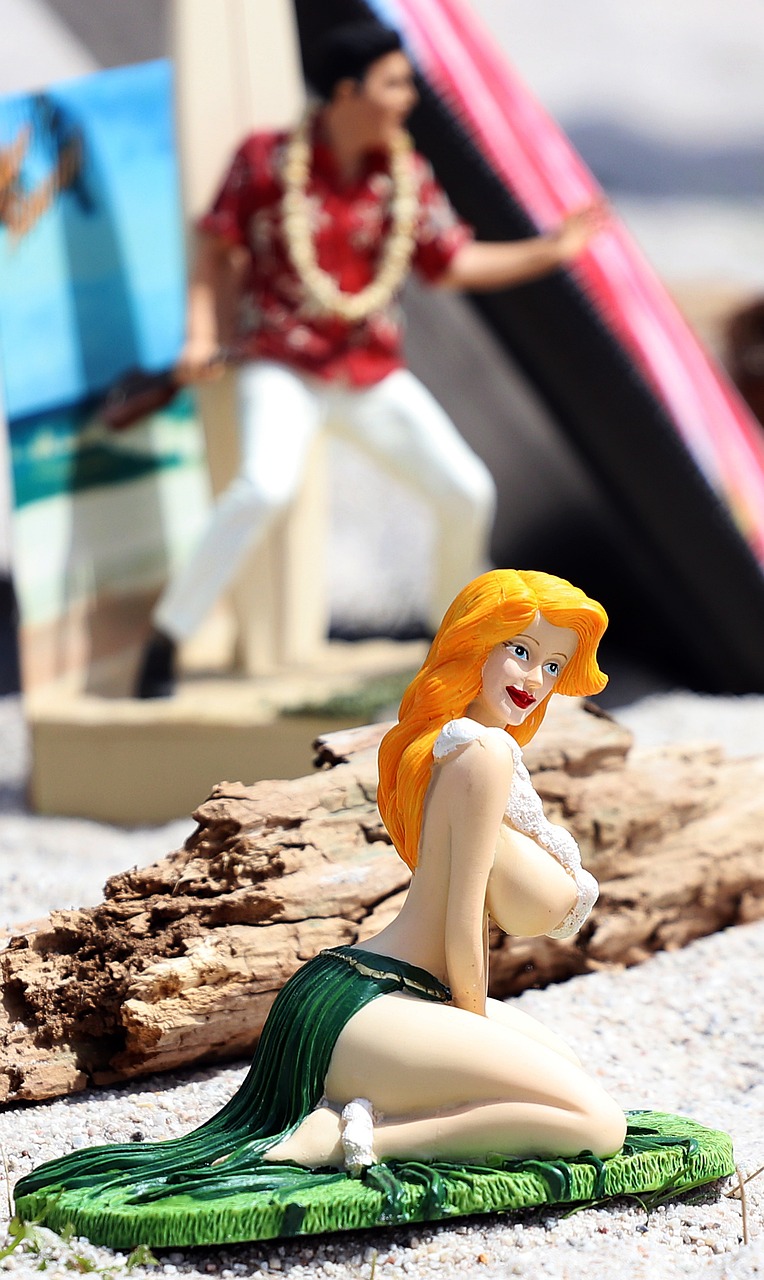
Asian Influences
- Chinatown: Honolulu’s Chinatown is a bustling neighborhood filled with vibrant markets, temples, and traditional Chinese eateries. It is a testament to the significant impact of Chinese immigrants on the city’s cultural landscape.
- Japanese Gardens: The Japanese Gardens in Honolulu provide a serene escape and showcase the influence of Japanese culture on the city. These meticulously designed gardens feature tranquil ponds, bonsai trees, and traditional Japanese architecture.
- Asian Cuisine: Honolulu is renowned for its diverse Asian cuisine, influenced by Japanese, Chinese, Korean, and Filipino culinary traditions. From sushi and ramen to dim sum and boba tea, there is a wide array of Asian flavors to explore.
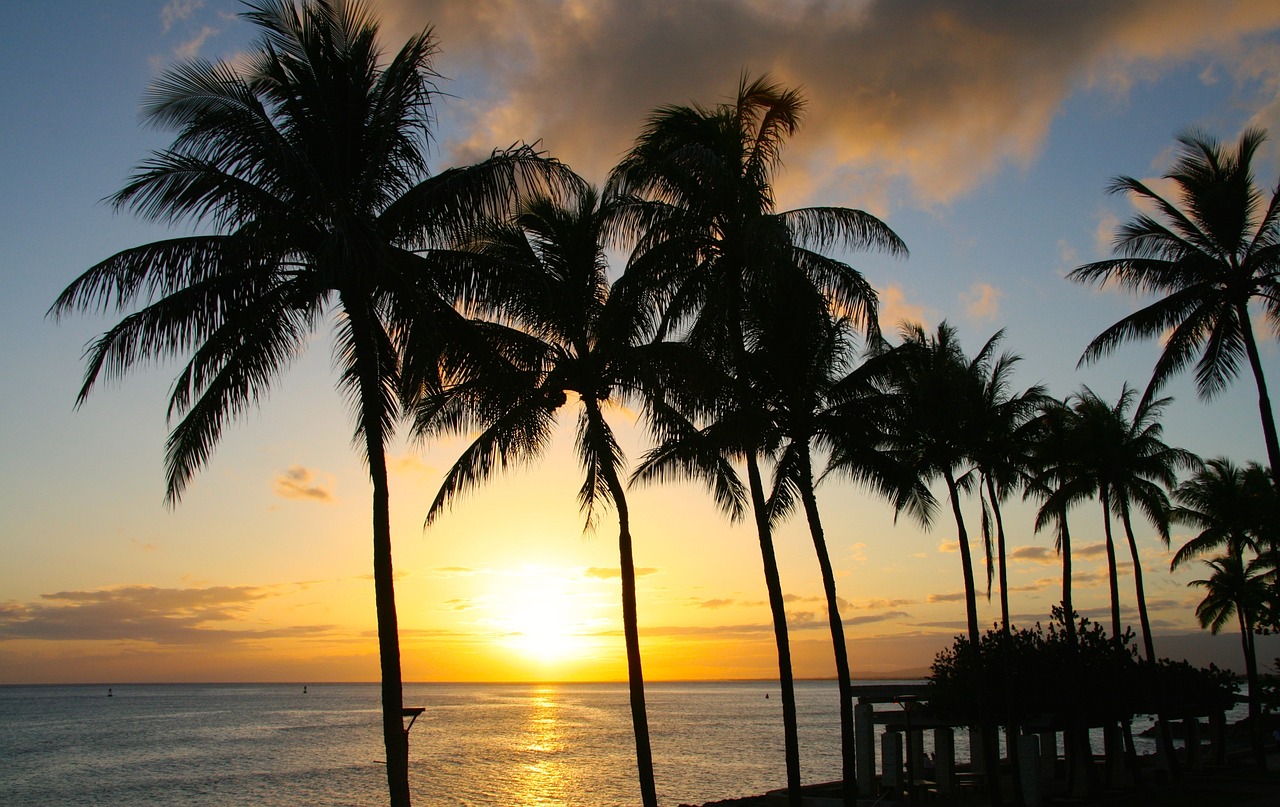
Colonial Legacy
- Iolani Palace: As the only royal palace in the United States, Iolani Palace serves as a symbol of Hawaii’s rich history and the impact of colonialism. It was the residence of Hawaiian monarchs and showcases a blend of European and Hawaiian architectural styles.
- Mission Houses Museum: The Mission Houses Museum provides insight into the early days of Christian missionaries in Hawaii. It features restored homes and artifacts from the 19th century, shedding light on the cultural exchange between the missionaries and the native Hawaiians.
- English Language: English became the dominant language in Honolulu during the colonial era, gradually replacing the native Hawaiian language. Today, English is widely spoken, reflecting the enduring impact of colonialism.
Modern Multiculturalism
- Waikiki: Waikiki is a world-famous beachfront neighborhood in Honolulu that has become a symbol of tourism and multiculturalism. It attracts visitors from all over the globe and offers a blend of international cuisines, luxury hotels, and high-end shopping.
- Art and Music: Honolulu’s art scene is thriving, with numerous galleries and festivals showcasing local and international artists. The city also hosts the annual Honolulu Festival, celebrating the diverse cultures of Hawaii and the Pacific Rim through music, dance, and art.
- University of Hawaii: The University of Hawaii at Manoa is a leading educational institution that attracts students from around the world. Its diverse student body and academic programs contribute to the multicultural fabric of Honolulu.
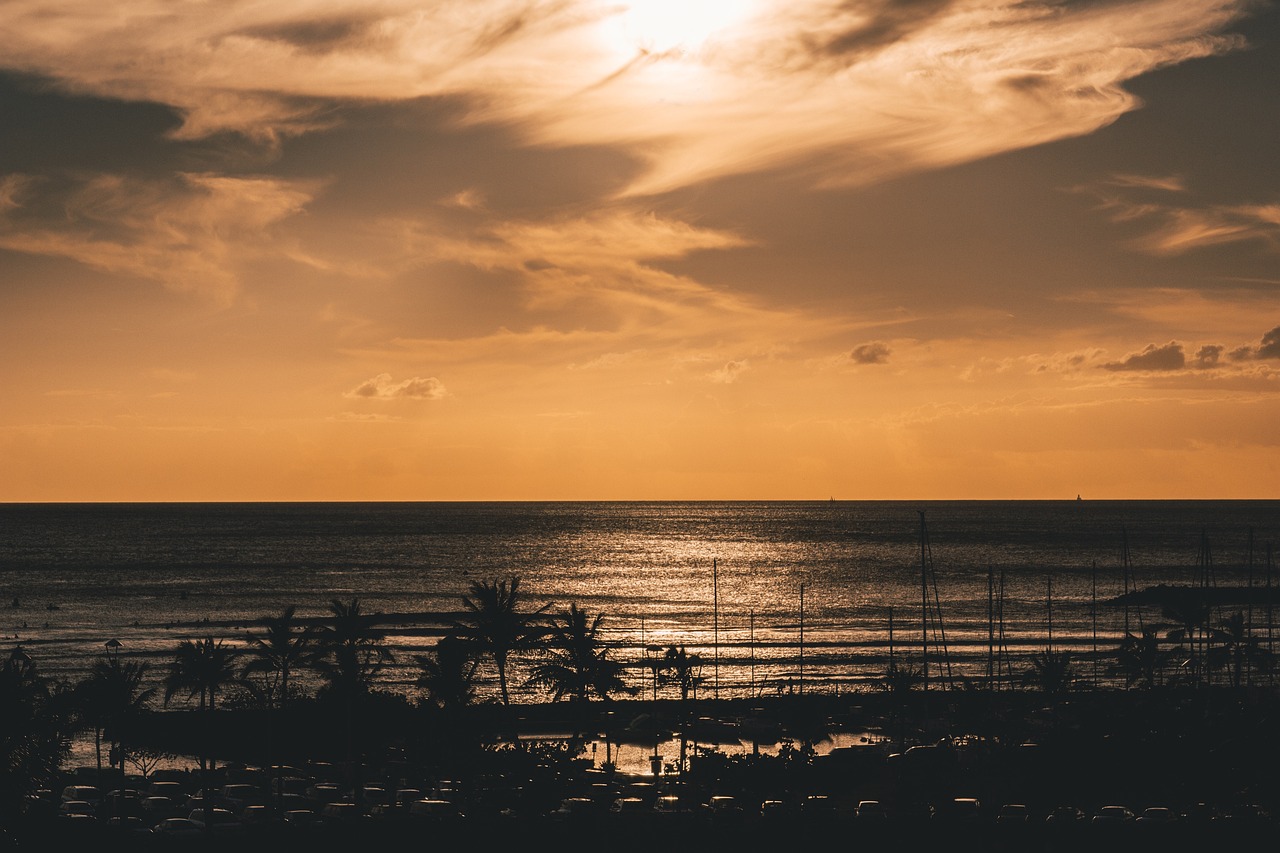
Conclusion
Honolulu’s cultural evolution is a fascinating journey that reflects the interconnectedness of different cultures and histories. From its indigenous Hawaiian roots to the waves of Asian and colonial influences, the city has embraced a multicultural identity. Today, Honolulu stands as a vibrant and diverse city, welcoming visitors from all corners of the globe to experience its rich cultural tapestry.


